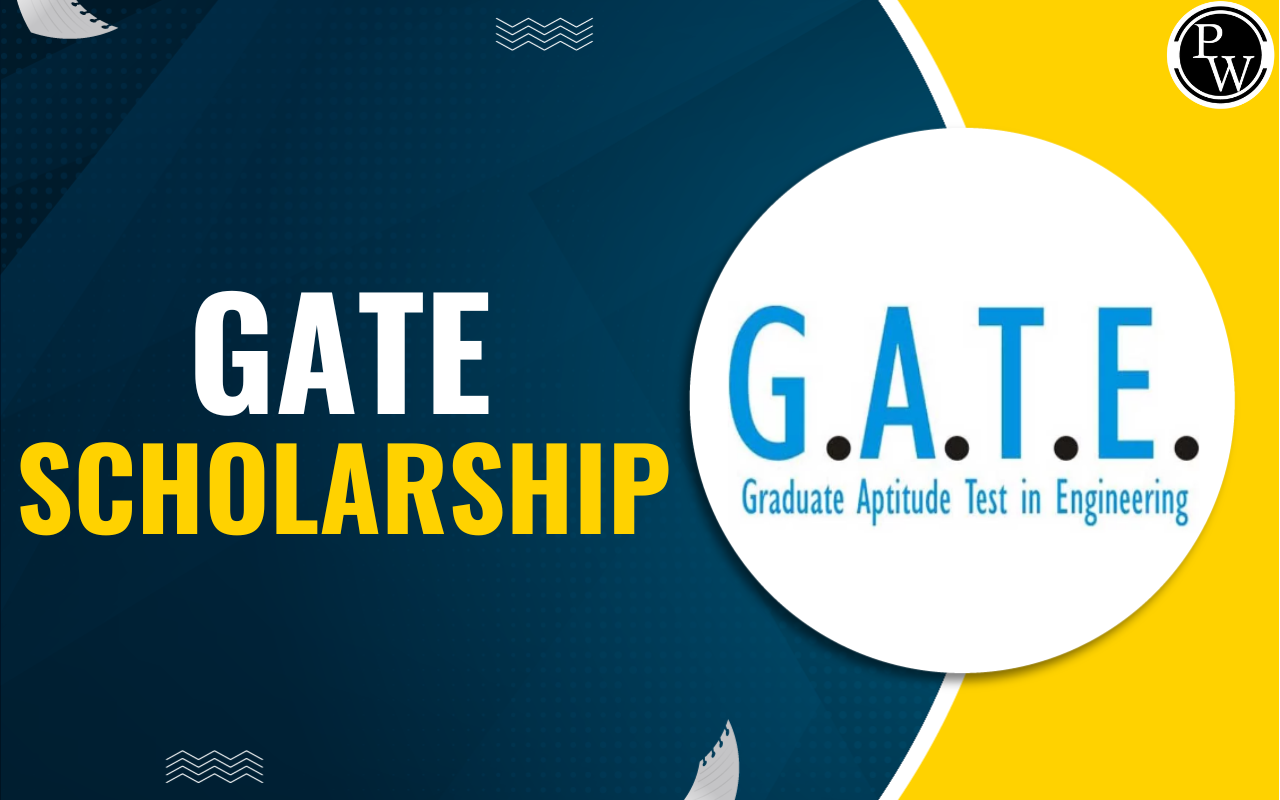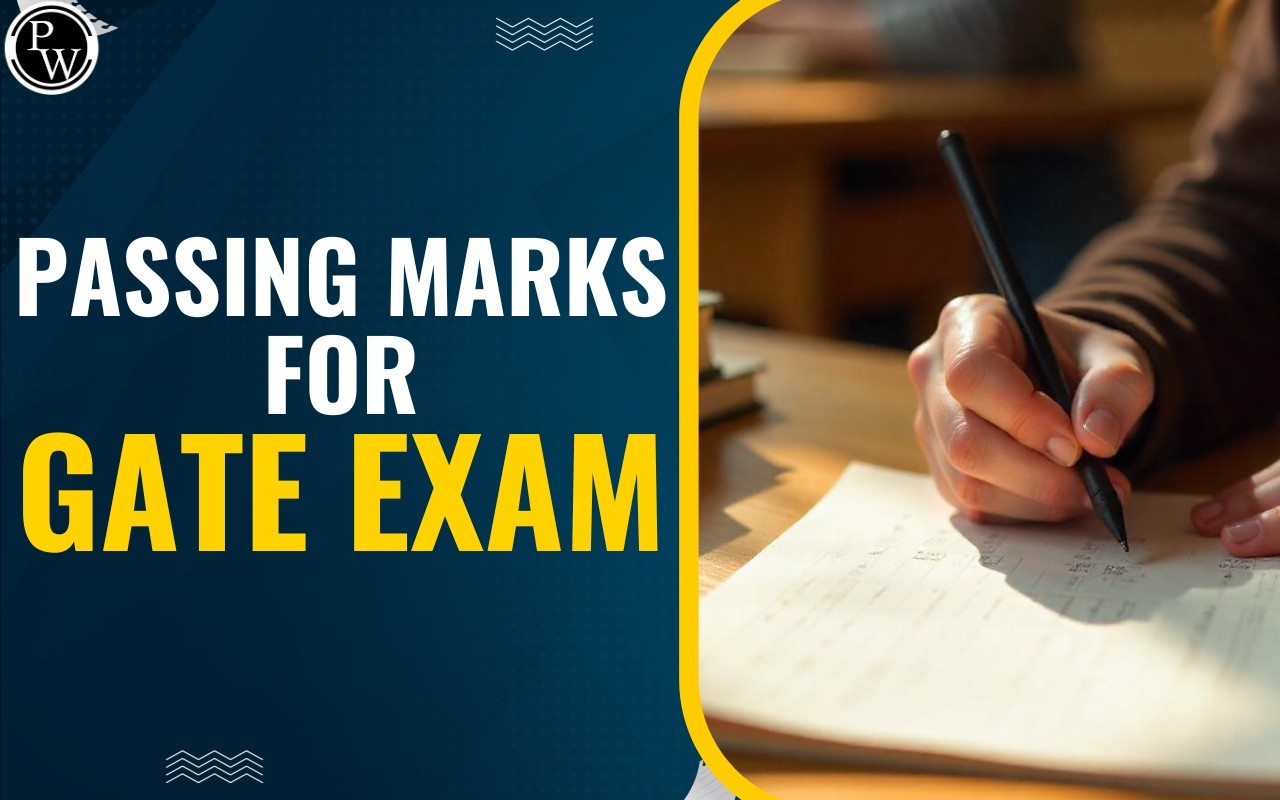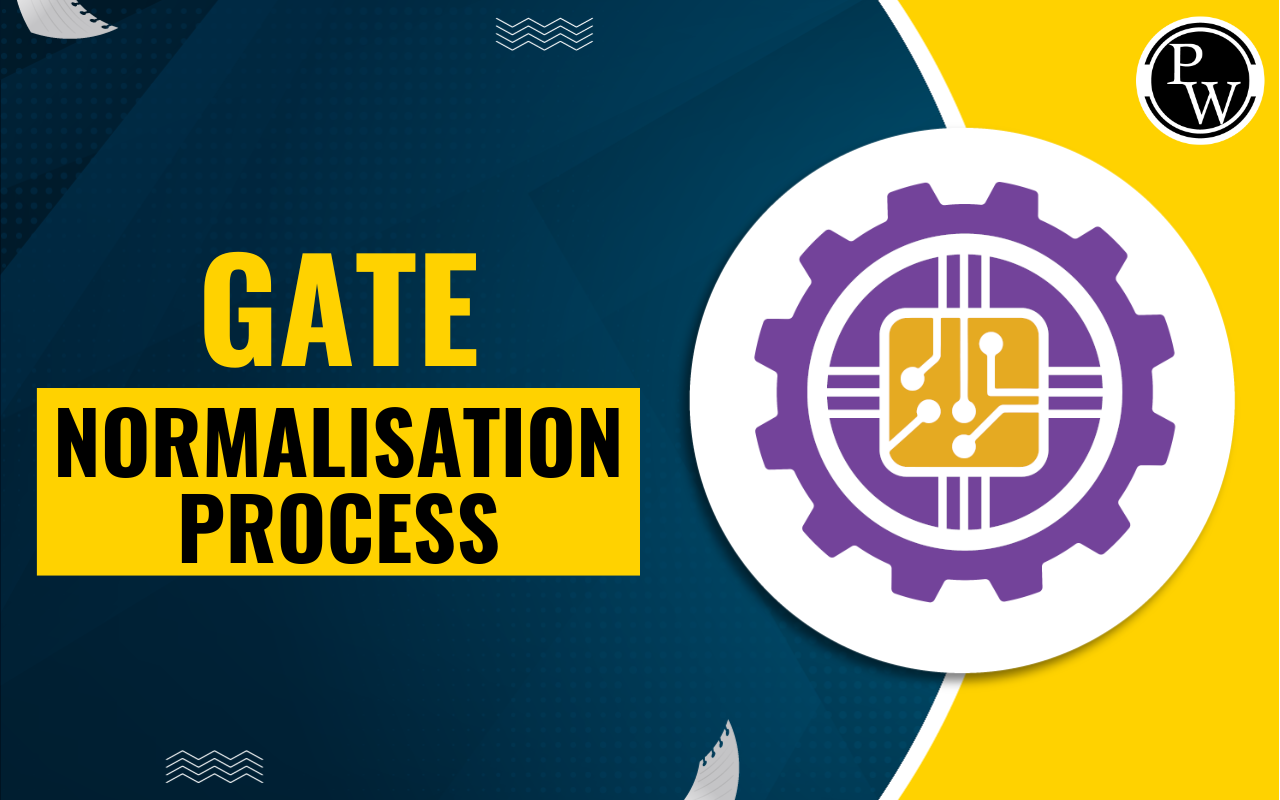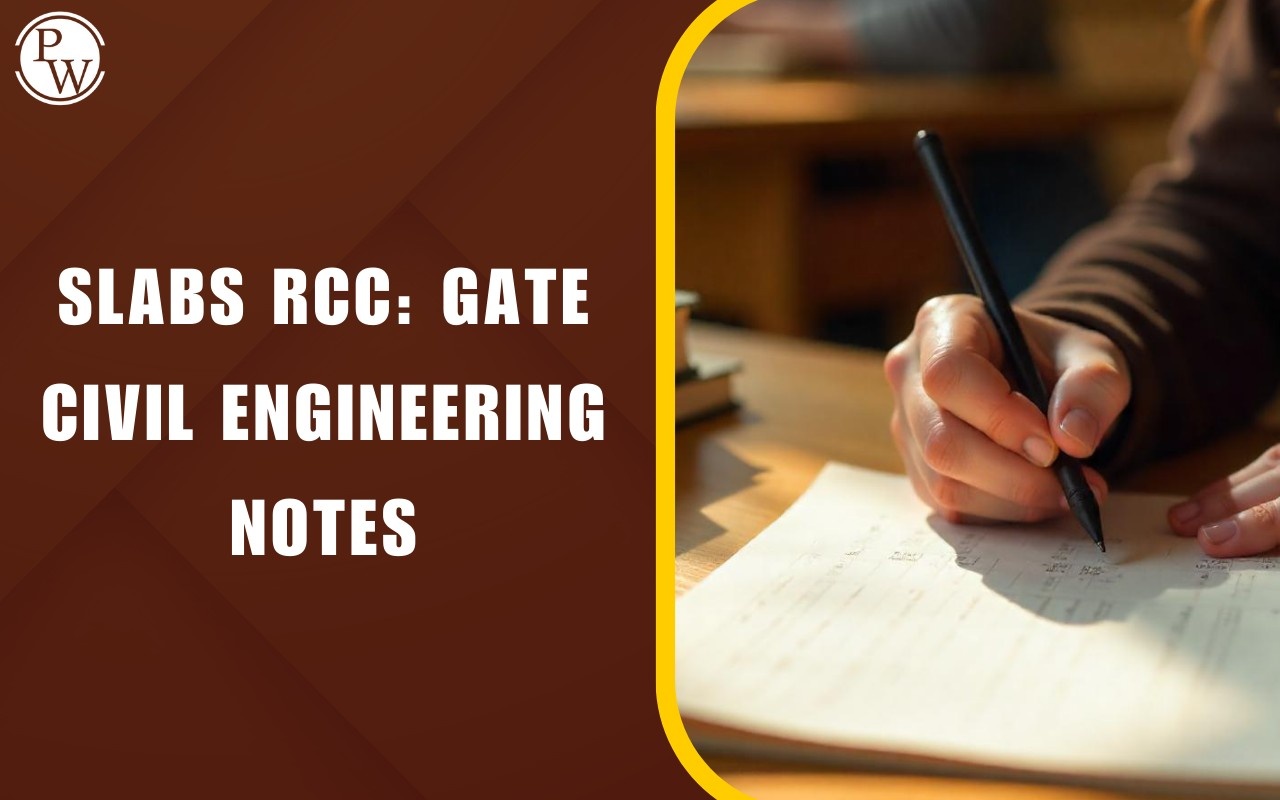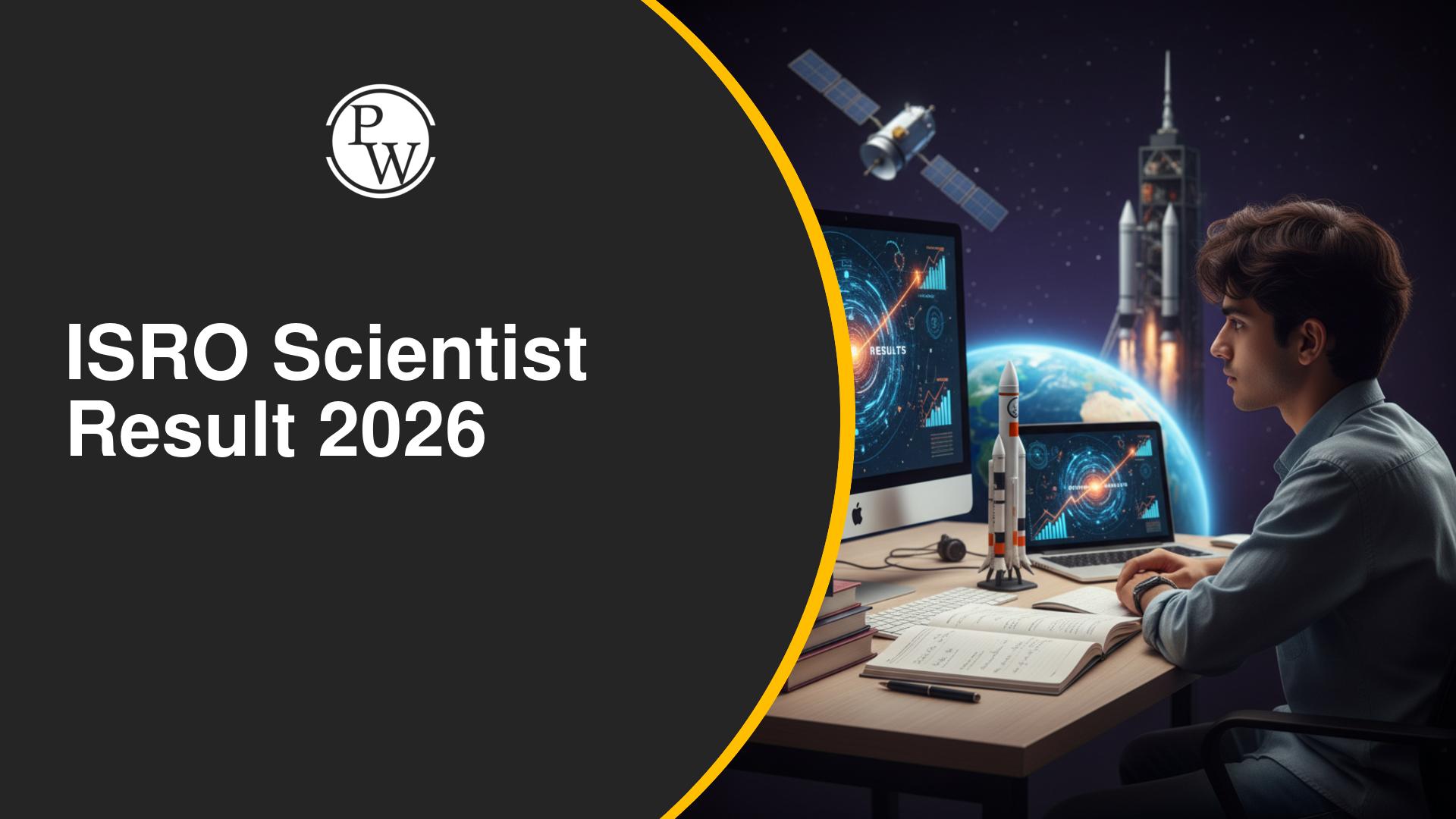
Aerospace Engineering Scope: The specialised discipline of aerospace engineering handles every facet of creating and preserving aerial vehicles, including satellites, spacecraft, planes, and missiles. There will be a strong demand for trained aerospace engineers in numerous industries due to the aviation and space industries' rapid expansion. One of the top five engineering salaries is earned by aeronautical engineers.
Aerospace Engineering is the primary field of engineering that deals with the development of airplanes and spacecraft. Among its primary, overlapping domains are aerospace and astronautical engineering. This area of engineering focuses on the design, development, construction, testing, and operation of vehicles that operate in space or the Earth's atmosphere. Also Read: Electronics and Communication Engineering ScopeAerospace Engineering Scope
Aerospace engineering is an excellent career path for someone wishing to earn a high wage. The manufacturing of airplanes and spacecraft is an important business, and employers are looking for recent graduates with polished, practical skills.- Graduates from this programme can find employment in a variety of organizations, such as the Army Air Corps, Navy, RAF, and producing cars for private companies. The average salary for an aeronautical engineer in India is INR 815000 annually. Undoubtedly, among the top five highest-paid professions in India's engineering industry is an aeronautical engineer.
- Aerospace engineers are employed by NASA in huge numbers. Although NASA uses engineers in 20 different capacities, computer engineering, and aerospace engineering are the two specializations in which it most commonly employs engineers.
Scope of Aerospace Engineering
Graduates with a background in aeronautical engineering have a variety of professional choices. The primary responsibilities of some of the top jobs in the aerospace engineering stream are listed below; anyone interested in pursuing a career in the field can apply for these roles.|
Scope of Aerospace Engineering |
|
| Job Profile | Roles and Responsibility |
| Mechanical Engineers | Aerospace engineers are capable of working in the aviation and aircraft industries as mechanical engineers. They can also be used to enhance or optimize the performance of spacecraft, missiles, and aviation components. In order to develop new and improved aviation technologies that meet the needs of the present and the future, mechanical engineers design and research potential innovations, whether they include enormous jet engines or small sensors. |
| Aerospace Technicians | Whether installing, maintaining, testing, and repairing machinery that is in use or being created, aerospace technicians are engaged members of the aerospace team. These technicians are needed by airlines, the aerospace and aviation industries, and research teams. |
| Aircraft/ Spacecraft Designer | Aerospace engineering students have a high demand for careers in aircraft designing. The advent of private space travel and commercial air travel have raised demand for designers of cutting-edge equipment that is safer and more effective every year. |
| Inspection Managers | Inspection supervisors ensure that internal and external standards are followed by systems, tools, and goods. They ensure that the products produced by their team follow the specifications and drawings. The purpose of inspection managers is to assist the finished product pass inspection by pointing out irregularities and recommending changes. They weigh products, review test results, and maintain records on production standards. |
| Mission Specialist | These jobs are as crew members on space station or moon missions, respectively. Space mission experts help with data collection, experimentation, and other essential duties. Payload specialists must accompany equipment in order to properly install or operate it throughout the mission. Usually performed by researchers or other subject-matter experts, these two positions might be taken on a temporary basis, like for a single space mission. |
| Pilot | Although it may seem far away, this is a possible career path for Aerospace Engineers. Pilots operate aircraft, such as planes and jets, to ensure a safe takeoff, flight, and landing. They create flight plans in order to move passengers and goods to their destinations. Pilots are responsible for operating their aircraft in accordance with weather and navigation, recording trip details in a flight log, inspecting the vehicle, and communicating with crew and passengers. |
| Aviation Manager | The management of launch and control facilities for airplanes and spacecraft is the responsibility of aviation managers. They hire team members and contractors, make plans for policy, maintain track of incident reports, schedule inspections, manage equipment maintenance, and create schedules. Aviation managers monitor the overall safety, development, and compliance of a department. |
| Drafter | Drafters play a minor but crucial role in the production of airplanes. Drawings and specification documents must be made before any spacecraft, airplane, or missile can be built. Drafters are responsible for creating these elaborate and comprehensive manuscripts that cover the subject matter from all aspects. |
Aerospace Engineering Scope in India
Although AI and ML have gained popularity recently, India is still in its infancy as far as aeronautical engineering is concerned. However, enterprises are increasingly utilizing flight technology to increase productivity, efficiency, and cost. India's aircraft engineering industry is growing at a faster rate. Industry 4.0 will increase the demand for engineers, operators, and technicians in the aerospace industry. Aerospace engineering students can work in a wide range of sectors, including research and development (R&D) for airplanes and handling rockets and rocket launchers, which need quality control, maintenance, and monitoring. A degree in aeronautical engineering from India might lead to employment as an assistant technical officer, mechanical or thermal design engineer, or aircraft production manager. Indian students interested in pursuing careers in aerospace engineering should choose the following primary sectors:|
Aerospace Engineering Scope in India |
|
| Sectors | Details |
| Defence Services | One of the primary parts of India's defense services is aviation and aircraft. Modern fighting techniques and the continuously changing needs of military and commercial aircraft have made possible a number of notable achievements that have had a positive impact on many sectors of endeavor. |
| Research Lab | The task of conducting laser and other diagnostic technique-based propulsion research investigations falls to aerospace engineers employed in government research institutes. Some of the major laboratories that offer employment opportunities for aerospace engineers in India are Defense Research and Development Organization (DRDO), National Aerospace Laboratories (NAL), Hindustan Aeronautics Limited (HAL), Indian Space Research Organization (ISRO), Gas Turbine Research Establishment (GTRE), etc. |
| Private Industries | A wide range of non-specialized, general enterprises employ aerospace engineers. Companies that hire aerospace engineers include General Electric, Boeing, Airbus, Pratt & Whitney, TATA Aerospace & Defense, QuEST Global, Mahindra Aerospace, Taneja Aerospace, and others. |
| Commercial Airlines | Aerospace Engineers are almost a requirement for any successful commercial airline in case of an emergency. The aeronautical engineer of an airline is responsible for ensuring that the corporation complies with regulatory requirements, that new equipment specifications are met, and that OEMs are kept informed of any new or evolving requirements. |
| Directorate General of Civil Aviation | The government of India established the Directorate General of Civil Aviation (DGCA) as a statutory agency that regulates civil aviation in the country. The DGCA is responsible for upholding all aviation laws, looking into incidents and accidents involving aircraft, and granting licenses. |
| Aeronautical Development Agency | The Department of Defense Research and Development, Ministry of Defense, Government of India, administers the Aeronautical Development Agency (ADA) as a Society. In India, ADA employs a significant number of aeronautical engineers. Assisting, promoting, directing, managing, coordinating, and conducting aeronautical science research is their responsibility. They also build and create different kinds of aircraft and rotorcraft. |
| Airport Design and Administration | Aerospace engineers play a significant role in airport design since all airports must be planned with aircraft designs in mind. A licensed expert in the field is needed for this work. |
| Drone Design | Aerospace engineers create and build anything that can fly, such as helicopters, planes, and drones. Drone design and development need the skills of aerospace engineers, who are qualified to design, build, analyze, and test flight-capable equipment, including drones. |
Aerospace Engineering Career Scope
The following career profiles are available to aerospace engineers:- Aerospace Designer checker
- Aircraft Production Managers
- Mechanical Design Engineers
- Assistant Technical Officers
- Thermal Design Engineers
|
Aerospace Engineering Career Scope |
|
| Organisation | Details |
| Defense Research and Development Organization (DRDO) | More than laboratories that are actively involved in the development and study of the technologies constitute the DRDO network. |
| Hindustan Aeronautics Limited (HAL) | HAL is a corporation that designs, fabricates, and assembles aircraft, jet engines, and their spare parts. |
| Civil Aviation Department | The civil aviation department is associated with an aircraft's civil aviation services. It includes all forms of commercial aviation travel. |
| Indian Space Research Organization (ISRO) | An Indian institution called ISRO conducts technological research and creates new technologies. |
| Boeing | Designed, manufactured, and sold all over the world, Boeing is a renowned and esteemed company that creates airplanes, helicopters, rockets, satellites, and missiles. |
| National Aeronautics and Space Administration (NASA) | NASA is the federal agency of the United States government that conducts research on aircraft and spacecraft. |
| Airbus | Airbus is a multinational aerospace company that designs, manufactures, and distributes civil and military aerospace equipment all over the world. |
| Airlines | Airlines are provided to customers by airlines like Air India, IndiGo, Vistara, SpiceJet, and so on. |
| Maintenance, Repair, and Overhaul (MRO) Organizations | MRO organizations are those that focus on carrying out tasks associated with the upkeep, fixing, and resolving of aviation problems. |
| National Aerospace Laboratories (NAL) | High-tech organization National Aerospace Laboratories focuses on cutting-edge subjects in aerospace and allied fields. |
Aerospace Engineering Scope - Average Salary in India
The average salary for an aerospace engineer in India is INR 6,07,012. With a minimum pay of INR 2 lacs per year and a maximum salary of INR 20 lakhs per year, depending on one's skill set, specialization, and line of work.|
Aerospace Engineering Average Salary |
|
| Job Position | Average Salary (per month) |
| Aerospace Design engineers | INR 59,062 |
| Aerodynamics Engineer | INR 50,083 |
| Senior Aerospace Engineer | INR 1,50,000 |
| Government Organization Officials (Fresher) | INR 50,000 |
| Private industry Official (Fresher) | INR 2.1L |
| Aerospace Engineer in ISRO | INR 90,000 |
Aerospace Engineering Scope - City Wise Average Salary
Aerospace engineering courses have grown in popularity in recent years. Aerospace engineering provides excellent job opportunities and competitive pay. About 50 establishments in India provide B.Tech degrees in aerospace engineering; more than 90% of these are private colleges, and the remaining 10% are government universities. The Indian Institute of Space Technology, located in Thiruvananthapuram, is the top aerospace engineering college in India. The best government universities and the highest CTC packages that are provided to students during their internships are as follows:|
Aerospace Engineering Citywise Salary |
|
| Cities | Average Salary (monthly) |
| Hyderabad, Telangana | INR 41,312 |
| Alandurai, Tamil Nadu | INR 26,531 |
| Bangalore, Karnataka | INR 26,531 |
| Mumbai, Maharashtra | INR 26,330 |
| New Delhi | INR 25,738 |
| Bangalore, Karnataka | INR 21,514 |
| Chennai, Tamil Nadu | INR 19,138 |
Aerospace Engineering Top Recruiters
The area of aerospace engineering is always evolving, utilizing new technology to improve the design and functionality of aircrafts and spacecraft. The students are presented with a multitude of options due to the ever-evolving technological landscape. The market was controlled by government organizations before the emergence of numerous private companies, but opportunities are currently growing rapidly. The following is a list of companies that hire aeronautical engineers for different positions.- Indian Space Research Organization (ISRO)
- Hindustan Aeronautics Limited (HAL)
- Defense Research and Development Organization (DRDO)
- Civil Aviation Department
- Air India
- Tata Advanced Systems
- Mahindra Aerospace
- Taneja Aerospace
- L&T
- Samtel Avionics
- Pawan Hans Helicopters
- Aeronautical Development Agency (ADA)
- Aeronautical Development Establishment (ADE)
- National Aerospace Laboratories (NAL)
Aerospace Engineering Scope FAQs
Q. Are there any future scope for Aerospace Engineering?
Yes. Given the rapid growth of the aviation and space industries, qualified aerospace engineers will definitely find a wide range of job opportunities.
Q. Are Aerospace Engineers Employed by NASA?
In agreement. Aerospace engineers are employed by NASA in huge numbers. Although NASA uses engineers in 20 different capacities, computer and aerospace engineering are the two specializations in which it most commonly employs engineers.
Q. Is Aerospace Engineering a good career path?
A decent career choice for someone who wants to work in aerospace engineering is aerospace engineering. Numerous job prospects exist in the aviation industry, NASA, the Defense Ministry, the Air Force, helicopter companies, and many other businesses.
Q. Is aerospace engineering in high demand?
Because of the growth in the aviation industry and the highest salary for aerospace engineers, this is one of the most demanding professions.
Talk to a counsellorHave doubts? Our support team will be happy to assist you!

Check out these Related Articles
Free Learning Resources
PW Books
Notes (Class 10-12)
PW Study Materials
Notes (Class 6-9)
Ncert Solutions
Govt Exams
Class 6th to 12th Online Courses
Govt Job Exams Courses
UPSC Coaching
Defence Exam Coaching
Gate Exam Coaching
Other Exams
Know about Physics Wallah
Physics Wallah is an Indian edtech platform that provides accessible & comprehensive learning experiences to students from Class 6th to postgraduate level. We also provide extensive NCERT solutions, sample paper, NEET, JEE Mains, BITSAT previous year papers & more such resources to students. Physics Wallah also caters to over 3.5 million registered students and over 78 lakh+ Youtube subscribers with 4.8 rating on its app.
We Stand Out because
We provide students with intensive courses with India’s qualified & experienced faculties & mentors. PW strives to make the learning experience comprehensive and accessible for students of all sections of society. We believe in empowering every single student who couldn't dream of a good career in engineering and medical field earlier.
Our Key Focus Areas
Physics Wallah's main focus is to make the learning experience as economical as possible for all students. With our affordable courses like Lakshya, Udaan and Arjuna and many others, we have been able to provide a platform for lakhs of aspirants. From providing Chemistry, Maths, Physics formula to giving e-books of eminent authors like RD Sharma, RS Aggarwal and Lakhmir Singh, PW focuses on every single student's need for preparation.
What Makes Us Different
Physics Wallah strives to develop a comprehensive pedagogical structure for students, where they get a state-of-the-art learning experience with study material and resources. Apart from catering students preparing for JEE Mains and NEET, PW also provides study material for each state board like Uttar Pradesh, Bihar, and others
Copyright © 2026 Physicswallah Limited All rights reserved.
